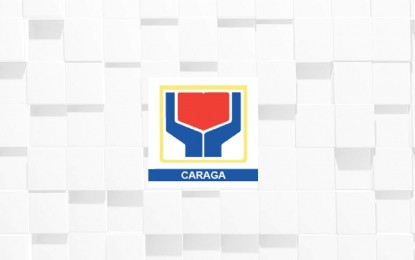
BUTUAN CITY – A total of 58 children in conflict with the law (CICLs) and 59 girls victimized by rape and other crimes received interventions from the Department of Social Welfare and Development (DSWD) 13 (Caraga) from January to October this year.
The children were housed in two facilities being run by the DSWD-13 with the support of other government agencies and stakeholders in the region.
In its report, a copy of which was obtained by the Philippine News Agency on Saturday, the department identified the facilities as the Regional Rehabilitation Center for Youth (RRCY) in Patin-ay, Prosperidad, Agusan del Sur and the Home for Girls (HFG) in Barangay Bonbon, Butuan City.
“The RRCY and the HFG are child-sensitive facilities that cater to the special needs of CICLs and sexually abused, abandoned, and neglected female children,” the DSWD-13 report said.
It added that the facilities also serve as venues for the enhancement of knowledge, attitude, and skills of its residents and their families.
The workers in the two facilities are also accorded with gender-sensitive, ethical, and systematic case management training and intensive supervision.
“Of the 58 CICLs housed at the RRCY, 33 are still having active cases while 25 were already discharged. Most of the cases of the CICLs are murder, robbery, illegal drugs,” the report said.
It added that 18 of the CICLs are from Surigao del Norte, 13 each from the provinces of Agusan del Sur and Agusan del Norte, 10 from Surigao del Sur, and four from Dinagat Islands.
At the HFG, 28 cases filed by the victims are still active and are still staying at the center, while 31 were already discharged from the facility.
Of the 59 girls, 23 were victims of incest, and five of rape while the rest were involved in other cases and were abandoned.
Residents of the two facilities were provided with the necessary support by the DSWD-13 and from other agencies of the government and private groups and institutions.
These interventions include counseling and therapy, legal assistance, medical care, and education and skills training.
Activities, such as family reintegration and support, were also facilitated to strengthen the relationships of the victims with their families.
Other recreational therapeutic activities were also done to promote healing, build self-esteem, and develop their social skills and personal growth. (PNA)
